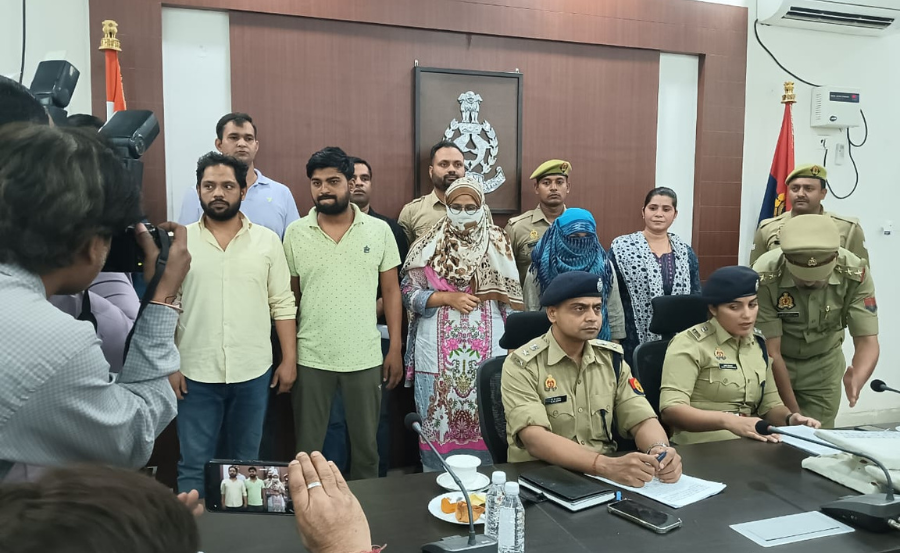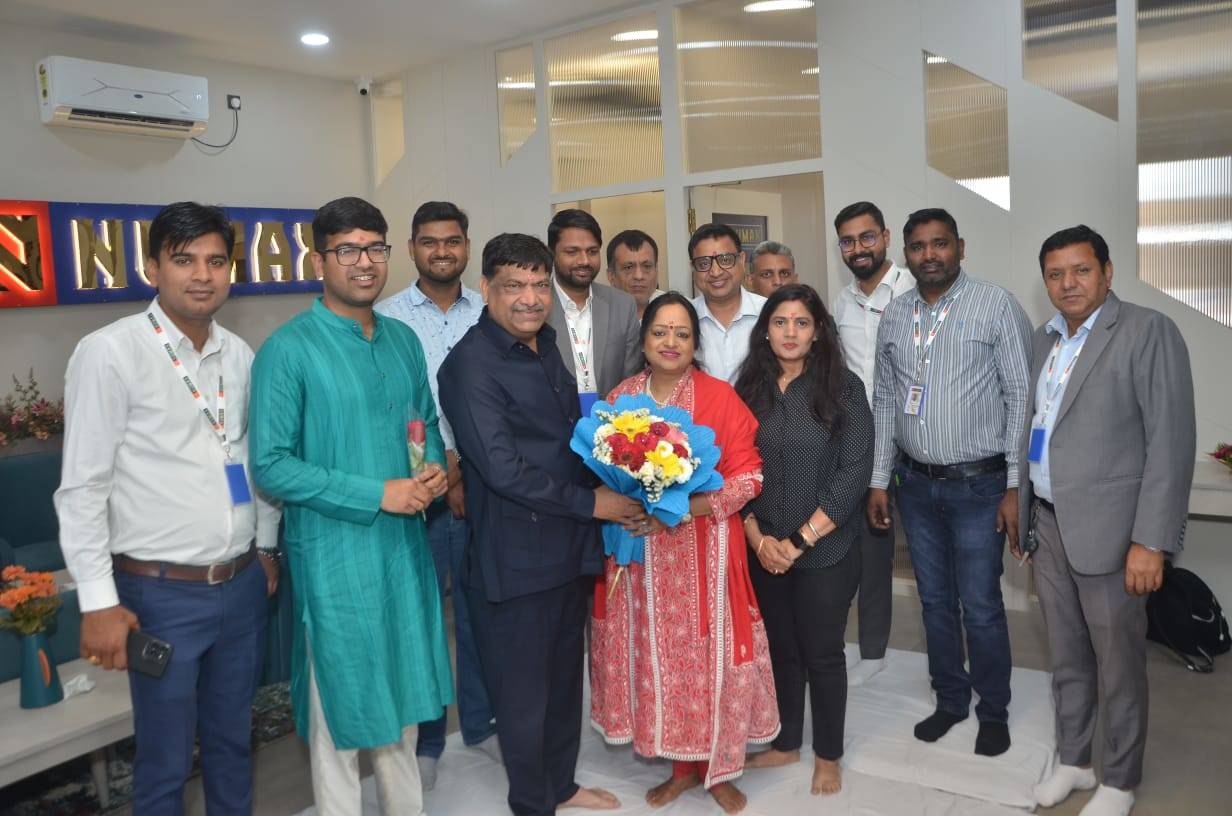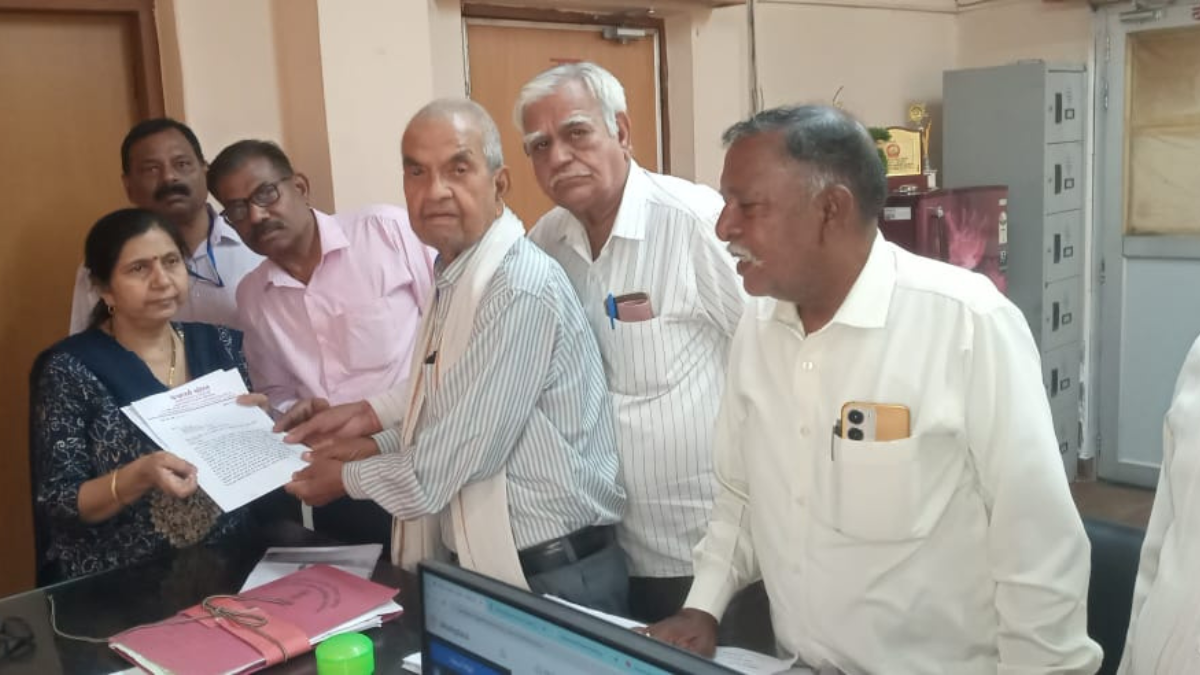GRAP-4 Restrictions Lifted in Delhi-NCR Following AQI Improvement

Delhi has seen significant improvement in air quality, and it has caused the Central Pollution Control Board to withdraw the strict GRAP-4 restrictions from the NCR. The development indicates a positive change in the course of action undertaken in order to address severe levels of pollution in the national capital.
Understanding GRAP-4 and its impact previously
Under the Graded Response Action Plan, GRAP-4 is one of the highest levels of pollution alert in Delhi-NCR. Upon its activation, it strictly regulates sources of pollution and safeguards public health. Some of the prominent measures taken are as follows:
Complete Ban on Construction Activities: All construction work was stopped to minimize dust and particulate matter in the atmosphere.
Restriction on Polluting Vehicles: Entry of non-essential polluting trucks and heavy vehicles into the city was banned to minimize vehicular emissions.
Industrial Shutdowns: Certain industries were required to reduce operations or shut down temporarily to lower industrial emissions.
These measures were critical in addressing the acute pollution crisis, especially during periods of poor Air Quality Index (AQI) readings.
Lifting of Restrictions and Future Outlook
The AQI has been seen to steadily improve and reach safer levels. In this scenario, the CPCB officials have decided to lift the restrictions under GRAP-4 in Delhi-NCR. This will allow construction activities to resume and permit previously restricted polluting vehicles, thus easing the operational burden on businesses and daily commuters.
Main Highlights of the Decision
Resumption of Construction Work: Builders and construction companies can now resume activities, which is expected to boost the local economy and reduce project delays.
Permit for Polluting Vehicles: Non-essential trucks and heavy vehicles are allowed back into the city, making logistics and transportation smoother.
Continuity of Monitoring: As and when the restrictions are removed, CPCB would monitor air quality closely. Re-imposition of GRAP would depend on the reversal in trends of pollution, for restoration of public health and environment.
They indicate that improved air quality will require constant efforts from all sectors of the industry, transportation, and the general public. The future programs may be centered on the promotion of green technologies, enhancement of public transport, and encouragement of environmentally friendly practices to prevent a relapse into high levels of pollution.



















